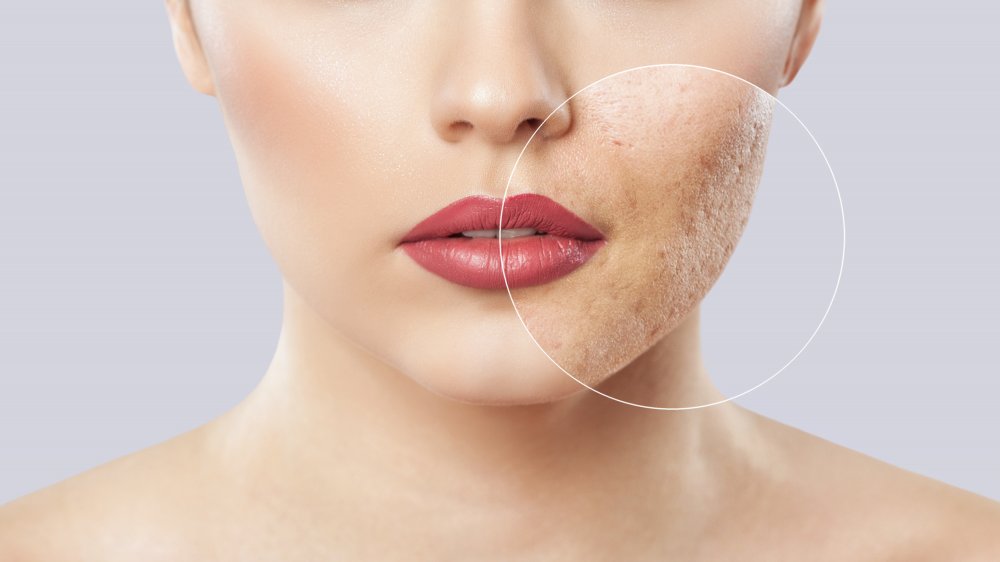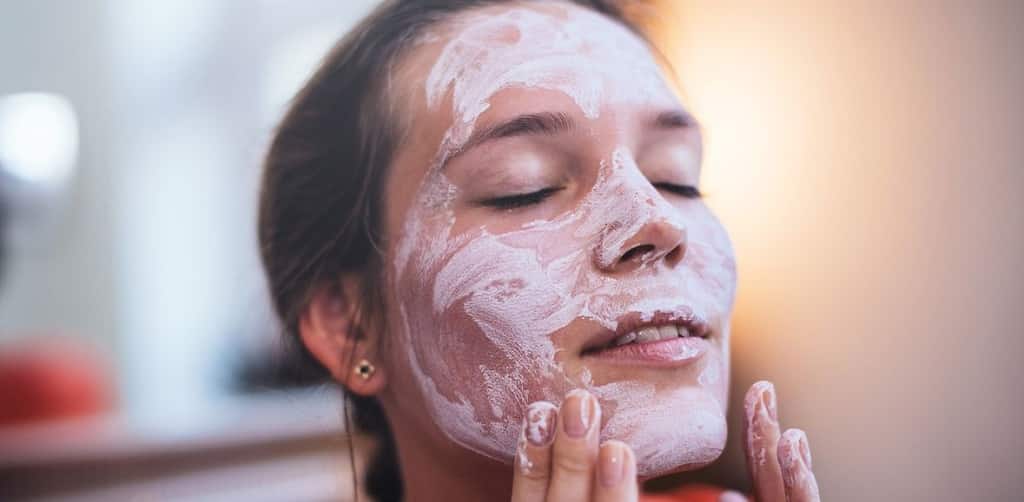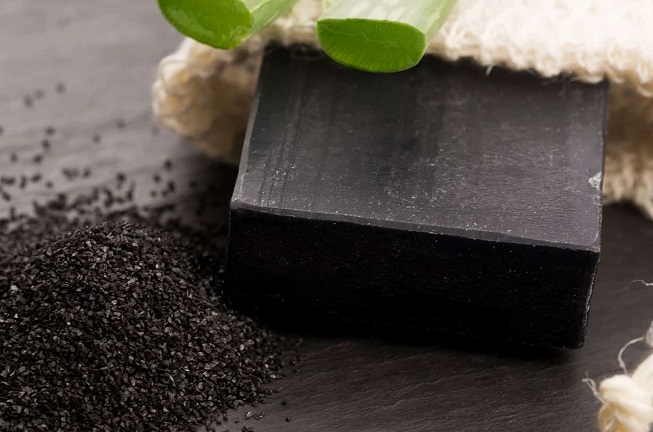If you're a beauty addict, you're probably well versed in the sheet mask game. But…

What is cystic acne and what causes it?
Many people believe cystic acne is bacterial but beyond trapped oil, bacteria, and dirt in your pores, there are various other reasons you may suffer from it. Put simply, “For some people it’s genetic, for others it’s hormonal, and some people are just acne-prone,” Nada Elbuluk, associate professor of dermatology at the University of Southern California Keck School of Medicine, told VICE. While genetics and skin type are self-explanatory, hormonal acne is more difficult to understand. As Rouleau explained to Shape, “Cysts are typically triggered by a surge of hormones, which is why they commonly occur around a woman’s menstrual cycle.” She continued, “During this time, the skin’s oil glands become hypersensitive to the hormone surge and react by overproducing sebum.”
Like the causes, treatment of cystic acne varies on a case by case basis. If you’ve had acne that lasts up to four weeks without surfacing, book an appointment with your local GP and discuss your options.



